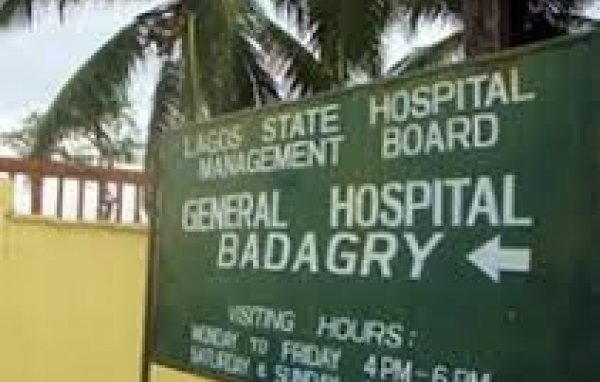On a recent Sunday, the Government College Old Students Association (GCOSA) from Ojo, Lagos State, made a significant contribution to healthcare by donating a much-needed dialysis machine to the General Hospital in Badagry. This donation, aimed at improving renal care in the region, highlights a growing concern about the inadequacy of medical equipment and facilities available for patients requiring dialysis in Nigeria. According to reports from the News Agency of Nigeria, the president of GCOSA, Atinuke Alex-Oni, explained the critical function of the dialysis machine, noting that it acts as an artificial kidney. It works by cleansing “dirty blood” from the body, filtering it through a component called a dialyzer, and then returning the cleaned blood to the circulatory system. This process is essential for those with kidney failure or impaired kidney function, as it prevents toxins from accumulating in the bloodstream.
Alex-Oni expressed her concern regarding the limited availability of dialysis machines in Nigeria, highlighting the unfortunate reality that many patients face long wait times, sometimes requiring them to wait in queues for up to three days for treatment. She emphasized the importance of regular dialysis sessions, stating that patients typically need this treatment at least three times a week to sustain their health. Her remarks underline the broader issue of the healthcare system’s struggle to meet the demands of patients requiring renal support, emphasizing the need for increased resources and infrastructure in this sector.
The event also featured remarks from key figures involved in making the donation possible. Moye Olumide, the chairman of the planning committee for GCOSA, detailed the extensive efforts and logistical hurdles that had to be navigated before the donation could be realized. He noted the requirement for approvals from various ministries and the teamwork involved in ensuring a successful outcome. Olumide expressed gratitude for all the support from the association’s members, particularly those who traveled from abroad to attend the unveiling event. He recognized the importance of collaboration and thanked the hospital management and the Lions Club for their assistance throughout the process, indicating a desire to sustain such partnerships for future initiatives.
The donation ceremony also served as an opportunity for Dr. Olatunde Bakare, the medical director of General Hospital Badagry, to share his appreciation for the contribution. Dr. Bakare’s elation reflected the hospital’s recognition of the pressing need for such medical equipment and highlighted the positive impact it would have on patient care. His comments reinforced the significance of community involvement and support in enhancing the quality of healthcare services, especially in under-resourced areas like Badagry.
The collaboration between GCOSA and the General Hospital is a commendable example of how alumni associations can contribute to societal needs, particularly in enhancing healthcare provisions. It illustrates how collective action by former students can create tangible benefits for their alma mater and the surrounding community. Furthermore, the partnership with organizations like the Lions Club underscores the potential for civil society organizations to work together in bridging gaps in health services, reflecting a model that could be replicated in other communities lacking vital medical resources.
Overall, this event not only highlighted the critical need for improved dialysis services in Nigeria but also showcased the power of community commitment to addressing these healthcare challenges. By donating the dialysis machine, GCOSA has taken a meaningful step towards alleviating the struggles faced by patients with renal issues, illustrated the spirit of collaboration among different stakeholders, and set a precedent for ongoing contributions to health improvement initiatives within the region.














